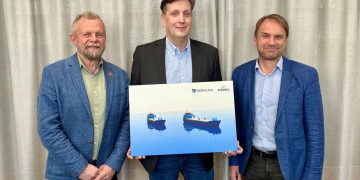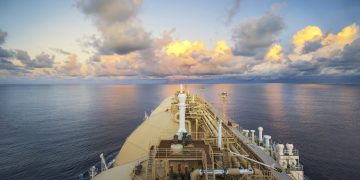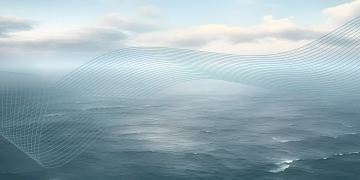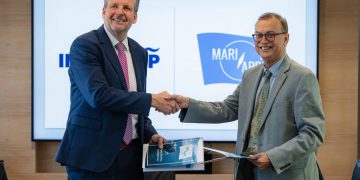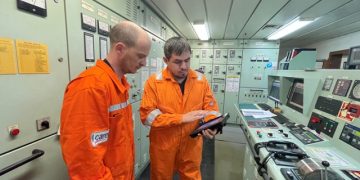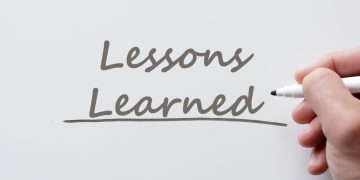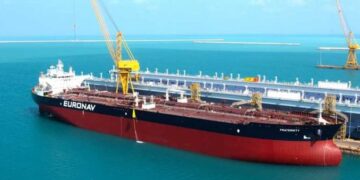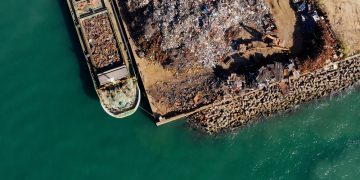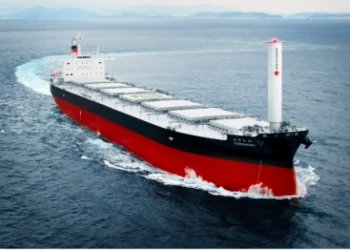Shore power can support industry’s journey towards decarbonization and is considered as a long-term solution due to the dual role it can play in charging battery-powered short-sea shipping. Furthermore, port electrification can contribute to a substantial and quick cut in local air pollution and noise, alongside lowering greenhouse gas emissions.
Shore power is essentially the use of a giant electrical plug that allows marine vessels (anywhere from cruise ships to container ships to tugboats) to plug into green electric power while at the dock to eliminate the need to run diesel engines while at berth. Both the pier infrastructure and the maritime vessels themselves must be equipped with the capability (and the plugs) to use shore power.
The UK Chamber of Shipping has been actively working on shore power for the last three years. ‘’We have carried out a study which gives an understanding of our member’s views on shore power and how they view the role of technology in their decarbonization strategy. As part of that study, we identified the critical barriers that our members felt prevent the deployment of shore power as a key solution. Almost 80% of the respondents acknowledged the lack of port infrastructure as one of the barriers and as a reason for not planning to install a shore power technology on their vessels. The cost of retrofitting (45% of the respondents) was identified as the second barrier, and the regulatory requirement (41%) was the third’’, explained Mrs. Anna Ziou, Policy Director – Safety and Environment at the UK Chamber of Shipping in a recent interview.
Electrification is expected to play a key role in the industry’s decarbonization as it represents great opportunities for all industry segments to reduce at berth emissions and improve the air quality in port areas. ‘’We are urging the UK government to develop a national framework and accelerate action for the widespread adoption of shore power, infrastructure and operation in the UK ports by 2030. As the pace and extent of change will differ among sectors, the UK Chamber calls for the framework to initially target sectors with predictable port calls and the highest achievable impact on reducing emissions at berth. Sectors such as containerships, passenger vessels, tugs and offshore vessels.’’ Mrs Ziou added.
What is more, the European Sea Ports Organisation (ESPO) and the Federation of European Private Port Companies and Terminals (FEPORT) have jointly agreed that the proposals for an Alternative Fuels Infrastructure Regulation (AFIR) and the FuelEU Maritime Regulation should enable the deployment of Onshore power supply (OPS) ‘where it makes the most sense’.
According to a newly published white paper by The ModOPS Project, the big question with regards to shore power is: ‘’What should that investment plan include in order to minimize the risk of creating ‘stranded assets’ which become obsolete as decarbonization options mature?’’
In that regard, it is important to consider the following:
- Security of supply – will the port be able to access sufficient energy and power to meet the needs of visiting vessels and in-port facilities at times of high demand?
- Compatibility – how will shore power facilities work alongside other fuel systems needed in the port (eg for bunkering)?
- Cost – will vessel operators be willing to pay the price of energy offered by the port, taking account of future pressures within the market for fuel?
- Risks – are there significant risks of technological obsolescence or failure to meet future safety standards?
- Efficiency – losses incurred in converting energy resources procured by the port into onboard energy will determine costs and increase the capacity of supply chains needed.
Although direct electrical connection of shore power systems to the port’s grid connection is the default solution, several alternative options have been considered:
• Electrical connection with in-port battery storage;
• Hydrogen in-port energy storage with conversion into electrical energy;
• Methanol in-port energy storage with conversion into electrical energy;
• Diesel, HVO or DME in-port energy storage with conversion into electrical energy.
The paper notes that the options are much more limited for ports lacking convenient access to energy at the capacity dictated by their shore power demands. Battery storage can maximize shore power capacity from a fixed grid connection capacity, especially for serving vessels that impose a very intermittent load. However, longer term growth in shore power demand is very likely to exceed the limitations of existing grid connections for most ports.
Where an all-electric solution is not feasible or unattractive, on-site generation of electricity using fuels transported into the port is an alternative option, the project concludes, adding that conversion of the hydrogen into a liquid fuel such as methanol (ideally at scale to minimize the additional process costs) appears to be a more cost-effective solution, since the liquid fuel can be transported and stored safely using proven technology. Hydrotreated vegetable oil (HVO) is also a useful transition fuel as a drop-in replacement for diesel. Liquid fuels like HVO and methanol can be conveniently burned in a conventional diesel engine (with some modification for 100% methanol or aquamethanol) with significantly lower emissions than diesel.
The US Environmental Protection Agency has also issued an assessment of power technology in US ports. The report illustrates that for larger vessels (excluding tugs and fishing vessels) there are only 10 ports offering high voltage power: 7 ports/terminals with shore power for cruise ships, four offering electricity for container vessels and two offering power for either tankers or reefers.
According to the report, under the right circumstances when a vessel is connected to shore power, overall pollutant emissions can be reduced by up to 98% when utilizing power from the regional electricity grid, (depending on the mix of energy sources).
The potential emission reduction benefits may be estimated for a particular vessel, at berth when connected to shore power. Factors such as the amount of time actually connected, power consumption rate, energy costs and total time at berth are described in the assessment and relate to the overall effectiveness of shore power. Because these factors must be evaluated for each situation, total emission reductions may vary.
The assessment suggests that shore power may be most effective when applied at terminals and ports with a high percentage of frequently returning vessels, typically cruise ships and container ships.
US EPA concludes that shore power requires landside infrastructure, electrical grid improvements, and vessel modifications. The relative cost of using shore power instead of a vessel’s own fuel sources is more attractive when fuel costs are greater than electricity costs.














